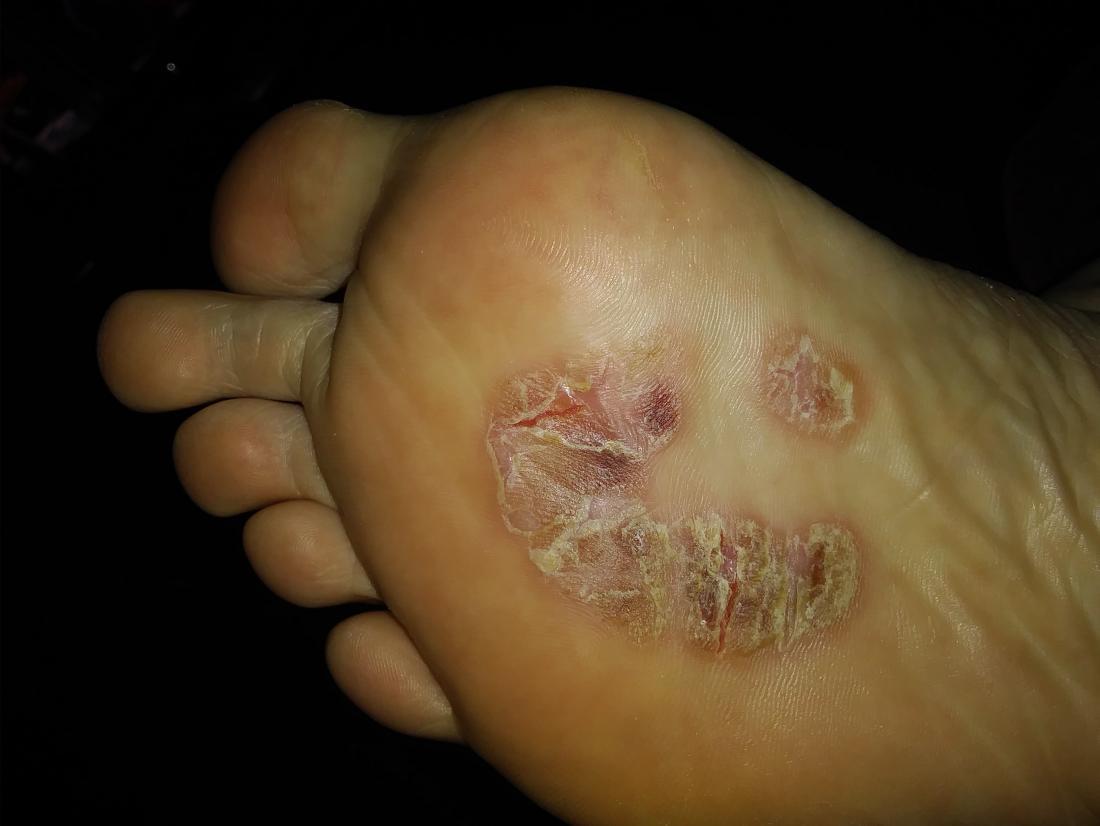Effective Skin Lymphoma Treatment: Improving Outcomes and Managing Symptoms
Understanding Skin Lymphoma and Its Treatment Approaches
Skin lymphoma, a type of cancer that affects the lymphocytes in the skin, requires appropriate treatment to improve outcomes and manage symptoms effectively. This article provides a comprehensive overview of the various treatment options available for skin lymphoma, highlighting their role in enhancing patient well-being and quality of life.

I. What is Skin Lymphoma?
Skin lymphoma is a rare form of cancer that originates in the lymphocytes, which are white blood cells responsible for fighting infection and supporting the body's immune system. It primarily affects the skin, presenting as abnormal cell growth and the development of tumors or lesions. Skin lymphoma can be classified into two main types: cutaneous T-cell lymphoma (CTCL) and cutaneous B-cell lymphoma (CBCL), each requiring specific treatment approaches.
II. Treatment Options for Skin Lymphoma
Topical Therapies:
Phototherapy:
Ultraviolet (UV) Light Therapy: Controlled exposure to UV light can slow down the growth of cancerous cells and reduce symptoms such as itching and scaling.
 Light Therapy.jpg)
Psoralen plus ultraviolet A (PUVA): This therapy combines the use of a medication called psoralen with UVA light to destroy cancer cells.
Radiation Therapy:
External Beam Radiation: High-energy X-rays are directed at the affected area to destroy cancer cells and prevent their growth and spread.
Total Skin Electron Beam Therapy (TSEBT): A specialized technique that involves exposing the entire skin surface to radiation, making it suitable for extensive skin involvement.
Systemic Therapies:
III. Managing Symptoms and Supportive Care
In addition to the primary treatment options, managing symptoms and providing supportive care is crucial for individuals with skin lymphoma. This may involve the following approaches:
Symptom Relief:
Moisturizers and emollients to alleviate dry skin and reduce itching.
Antihistamines to control allergic reactions and itching.
Pain medications to manage discomfort and improve quality of life.
Emotional and Psychological Support:
Counseling and support groups to address the emotional impact of skin lymphoma and provide coping strategies.
Follow-up Care:
Regular check-ups and surveillance to monitor the disease progression and evaluate treatment effectiveness.
Rehabilitation programs to address any physical limitations caused by skin lymphoma or its treatment.
What are the common treatment options for skin lymphoma?
Treatment options for skin lymphoma include topical therapies, phototherapy, radiation therapy, systemic therapies (chemotherapy, immunotherapy, targeted therapy), and stem cell transplantation, tailored based on the type and stage of the disease.
How can topical therapies help in treating skin lymphoma?
Topical therapies, such as corticosteroids and topical chemotherapy, can effectively reduce inflammation, itching, and redness associated with skin lymphoma by directly targeting the affected area.
What is the role of radiation therapy in skin lymphoma treatment?
Radiation therapy, including external beam radiation and total skin electron beam therapy (TSEBT), uses high-energy X-rays to destroy cancer cells in the skin, preventing their growth and spread.
What are systemic therapies, and how do they treat skin lymphoma?
Systemic therapies, such as chemotherapy, immunotherapy, and targeted therapy, are administered orally, intravenously, or through injections to kill cancer cells throughout the body or stimulate the immune system to recognize and attack cancer cells.
How can supportive care help in managing skin lymphoma symptoms?
Supportive care for skin lymphoma involves symptom relief measures such as moisturizers, antihistamines, and pain medications to address dry skin, itching, and discomfort. Emotional and psychological support, as well as regular follow-up care and rehabilitation programs, are also essential for overall well-being.
what is the success rate of Skin Lymphoma Treatment ?
The success rate of skin lymphoma treatment varies depending on several factors, including the type and stage of the disease, treatment approach, and individual patient characteristics. Overall, treatment for skin lymphoma can be effective in achieving remission, managing symptoms, and improving quality of life. However, specific success rates can only be determined on a case-by-case basis through consultation with a healthcare professional.
We are associated with experienced and highly skilled medical professionals. We use the latest medical technology available in the world and we provide medical services in collaboration with JCI & NABH Certified hospitals only. Our services include various types of treatment and organ restructuring and transplant.
